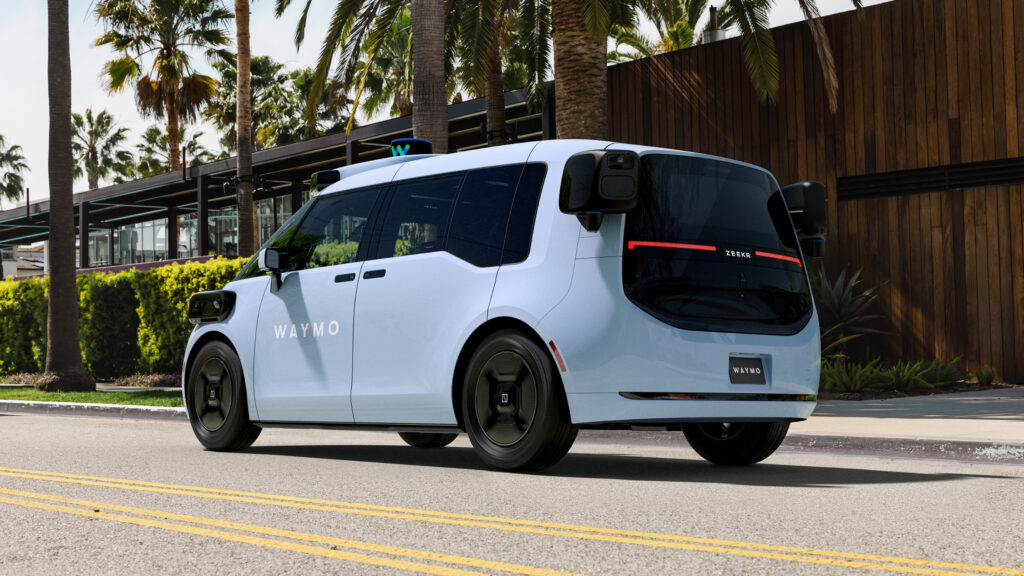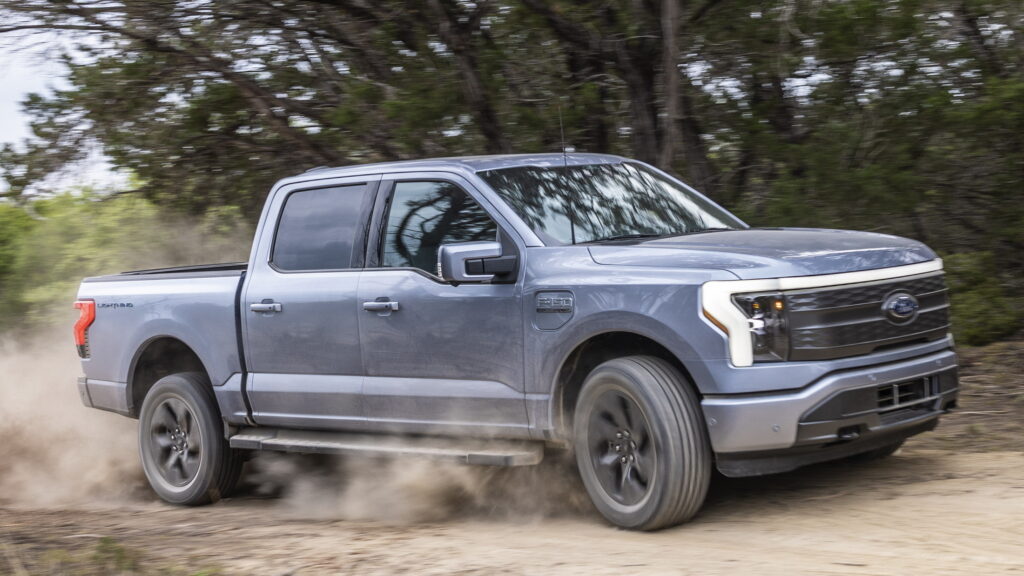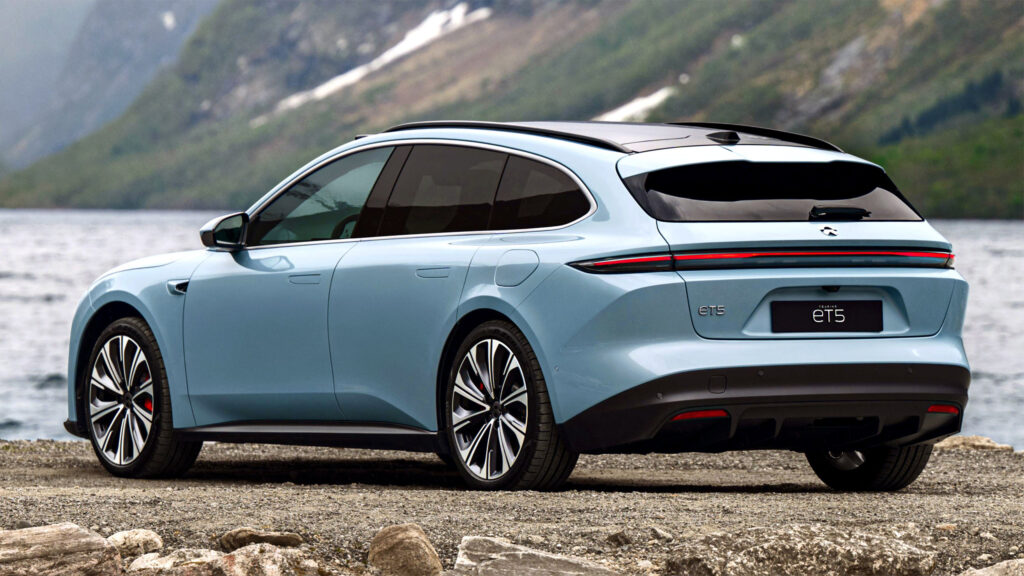- Local car brands need to use the buffer they now have to rapidly improve their technologies.
- Bans on Chinese software and hardware could be introduced from the 2027 model year.
- Analysts have warned car manufacturers not to become complacent.
Industry experts don’t believe recent US tariffs on Chinese-made EVs and vehicles with Chinese software and hardware will keep these vehicles out of the local market indefinitely.
Earlier this year, the Biden administration hit EVs made in China with a 100% tariff, making it highly uneconomical for brands to sell their vehicles in the US. The US Department of Commerce has since proposed new rules to prohibit the sale or import of connected vehicles with certain components from countries of concern, including Russia and China.
Read: Biden Administration Moves To Ban Chinese And Russian Connected Car Tech
In announcing the proposed rule, the government expressed concerns about possible security risks with connected vehicles that could “collect sensitive driver and passenger data” while cameras and sensors may “record detailed information about American infrastructure.”
While speaking at the recent Automotive News Congress, the chief executive of the Alliance for Automotive Innovation, John Bozzella, said the US car industry cannot rely on these rules to protect it from competition.
“This industry here in the United States should not think that this is going to be here forever,” he said. “Then the question is, what will we do with our time?”
AutoForecast Solutions chief executive Joe McCabe added tariffs may not protect the local industry for long as Chinese car brands assess production locations in Mexico. He also warned local manufacturers to not become complacent.

“This gives us time for manufacturers to not be complacent,” McCabe said. “If you build here, get competitive.”
Senior managing director at McLarty Associates, Kate Kalutkiewicz, said the tariffs and Chinese clampdown give US brands an “amazing buffer” to create better products that can rival those from overseas.
The new rule regarding connected vehicles using Chinese technology could take effect from the 2027 model year, first with prohibitions on software before being extended to include hardware prohibitions for the 2030 model year. Exact details are still being finalized, and the public will have time to comment on the proposed ban.




